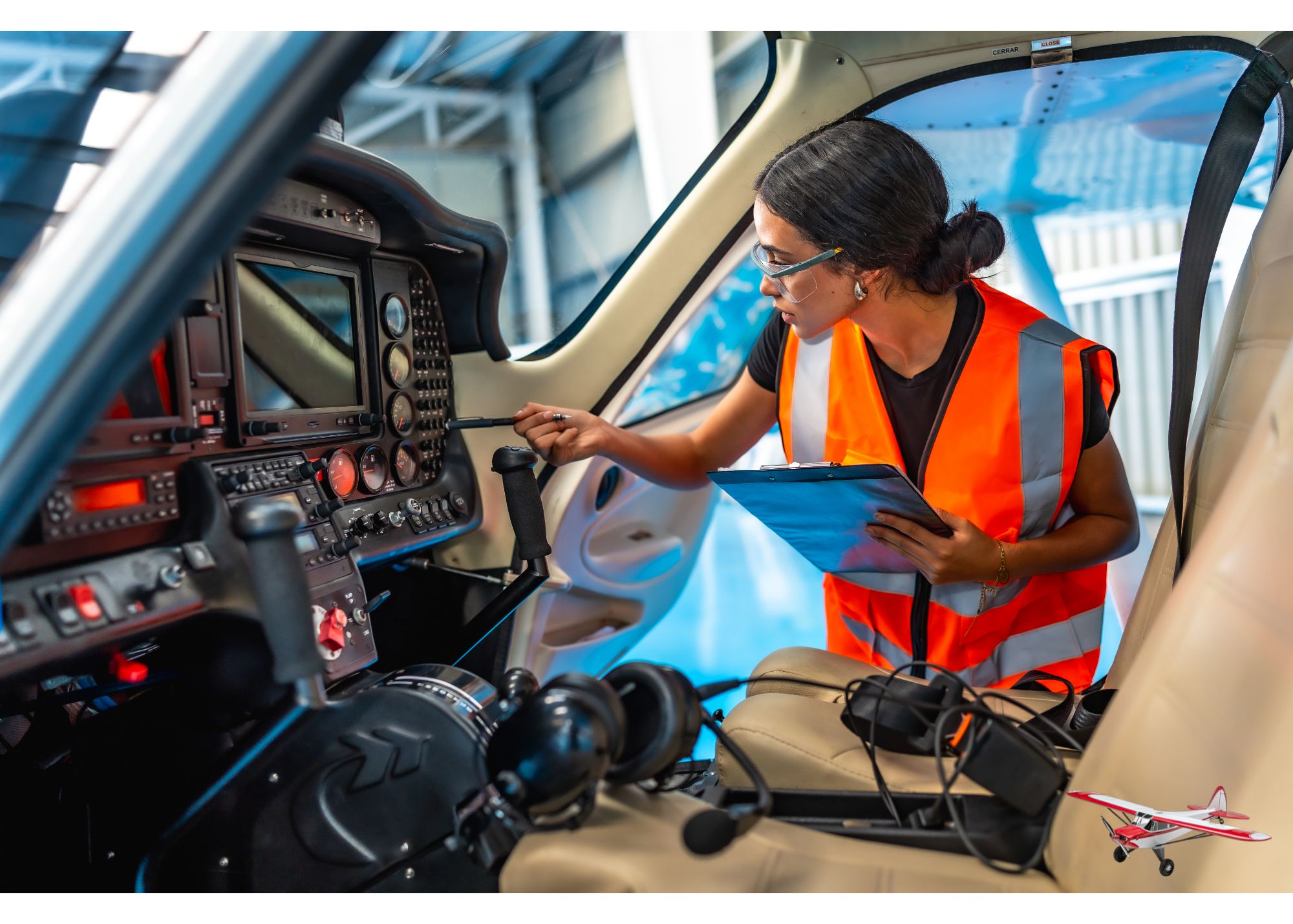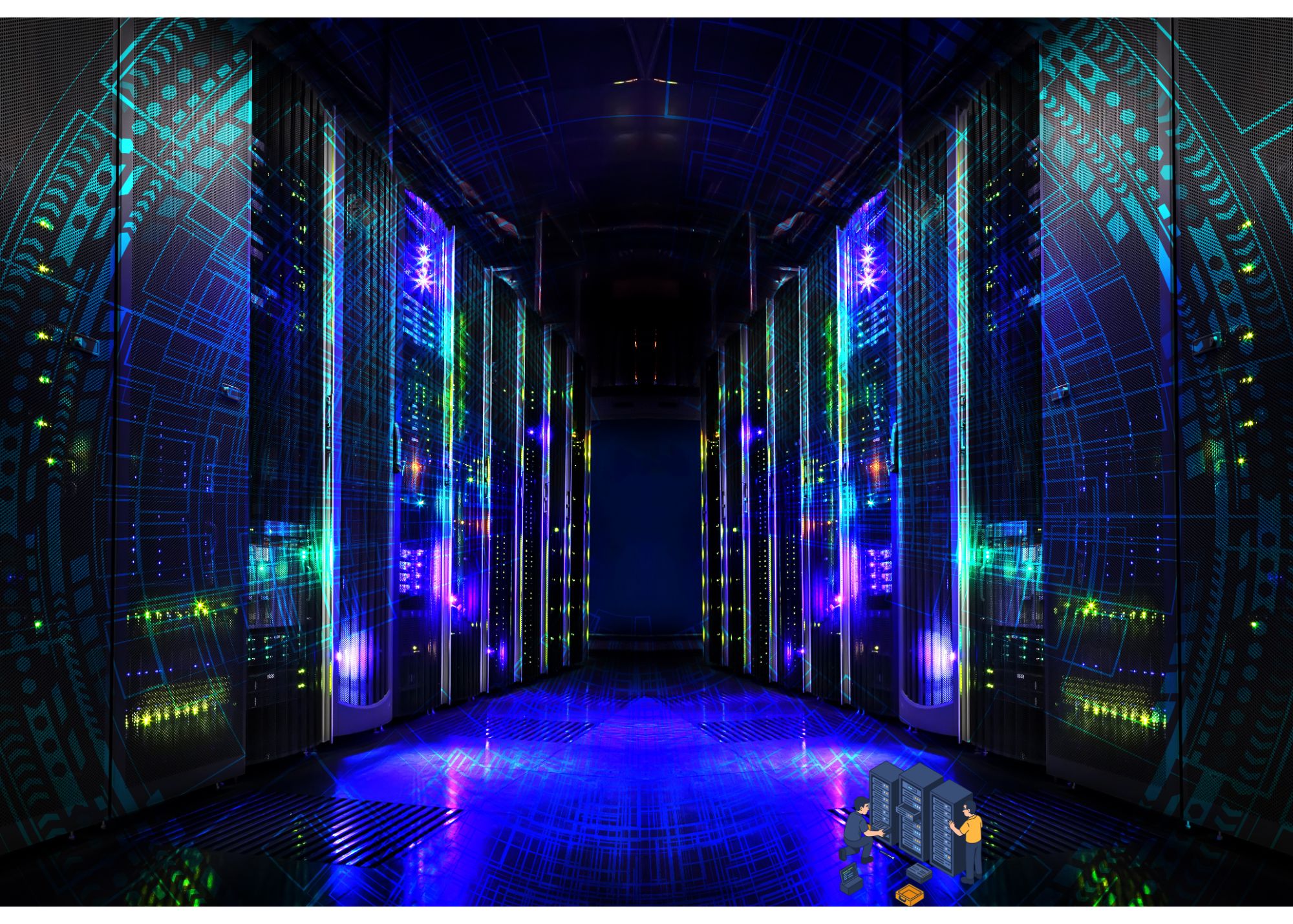1 Massive Advantage Retail Investors Have Over Hedge Funds
Retail investors are usually playing catch-up and it’s no surprise why. They don’t have a research department, a Bloomberg Terminal on every desk, or a network of analysts and insiders feeding them information in real time. Hedge funds, with their armies of research analysts, data scientists, and software systems, are optimized to gain any edge possible.
But the twist is the edge that retail investors do have is something hedge funds rarely can afford, time.
Most institutional players operate under pressure to deliver results in 12 to 18 months. That means they often miss the forest for the trees. Retail investors, on the other hand, can plant a seed and patiently wait 5, 10, even 20 years for it to grow. That longer time horizon can make all the difference, especially in sectors that are just getting started.
And right now, there’s one company operating in AI infrastructure that could be that kind of rare, long-term winner.
Key Points
-
With no pressure to deliver quick returns, retail investors can hold emerging winners like Nebius for the long haul.
-
Nebius rents out powerful AI infrastructure and is backed by Nvidia, offering exposure to the AI boom.
-
Its neutral status makes it a top contender for sovereign AI deals in regions the U.S. and China can’t easily serve.
Why Nebius Group Might Pop Massively
Most AI stocks have already been picked clean by institutions. By the time retail investors hear about them, names like Nvidia or Palantir are often trading at price-to-sales ratios that are sky high. But Nebius Group is a bit of an anomaly, and an opportunity that many investors still haven’t noticed.
Nebius is in the business of building high-performance data centers specifically optimized for artificial intelligence workloads. Think of it like a landlord, but for companies that want to “rent” access to GPU supercomputers without the headache of building their own infrastructure. If AI is the gold rush, Nebius is selling the picks and shovels, and renting them out by the hour.
That business model, known as “GPU-as-a-service”, is rapidly gaining traction, especially among startups and mid-sized enterprises that want to build with AI but can’t afford to compete with Microsoft or Google in raw compute power.
And here’s what most investors don’t know, Nebius buys these GPUs from none other than Nvidia, which also happens to be an investor.
In December 2024, Nebius raised an oversubscribed round led by Nvidia and other top-tier VCs. That’s a strong vote of confidence and not something Nvidia does lightly.
Fast Growth, Real Revenue, and a Clear Path to Profitability
In Q1 2025, Nebius posted $55 million in revenue, a staggering year-over-year jump of nearly 4x. Management posted a net loss of $114 million, thanks to surging capex and investment in its data centers. But that’s to be expected if you’re building GPU clusters across continents, the bill’s going to be high up front.
Importantly, the leadership team is deploying capital aggressively but intelligently. Over the last three quarters, Nebius added four new data centers across Europe, the U.S., and the Middle East. Another major installation is underway in the UK, which will host Nvidia’s next-gen Blackwell chips, set to be a game-changer in AI compute efficiency.
Despite the upfront costs, management expects to hit a $750 million to $1 billion annual revenue run rate by the end of the year. Even better, they project positive adjusted EBITDA in the second half of 2025.
Longer term, management is targeting several billion dollars in revenue and adjusted EBIT margins between 20% and 30%. That’s no small claim but if it hits those numbers, today’s $11 billion market cap could look laughably cheap.
1 Overlooked Catalyst Is Sovereign AI Demand
National governments and sovereign wealth funds are ramping up AI-related spending. As nations compete to secure their own generative AI capabilities, many are realizing that building sovereign GPU infrastructure is a strategic priority, especially in regions like the Middle East and Southeast Asia.
Companies like Nebius, which are not U.S.- or China-based, are in a good spot to be neutral partners in this emerging global AI arms race. That gives them a seat at the table for deals that most Silicon Valley companies can’t or won’t pursue.
Should You Buy?
Nebius is still early, and also investing heavily, so the road won’t be smooth. AI hardware cycles can be lumpy, and competition in the space is heating up.
But what makes Nebius different is that it’s building the rails of the AI future, and doing it in a capital-efficient way with credible partners like Nvidia. If you believe that AI isn’t a hype bubble but a long-term paradigm shift, Nebius offers a rare chance to invest in the infrastructure layer while it’s still in its adolescence.



